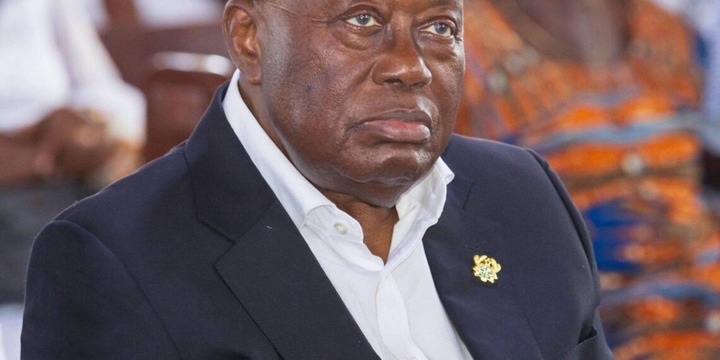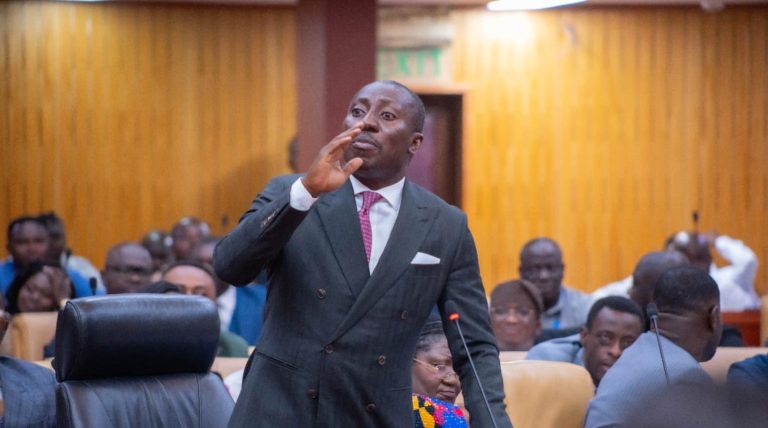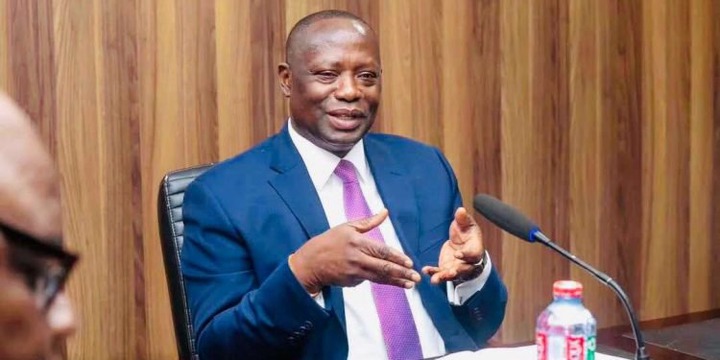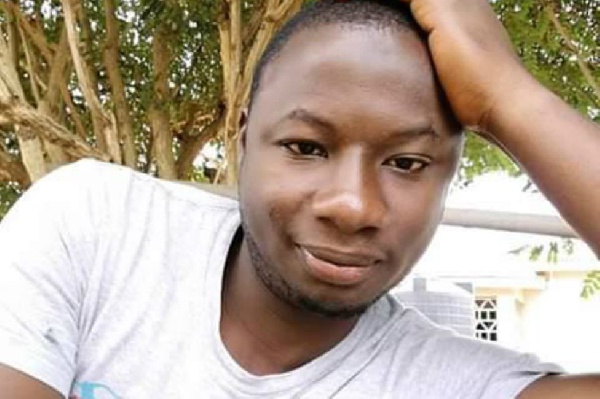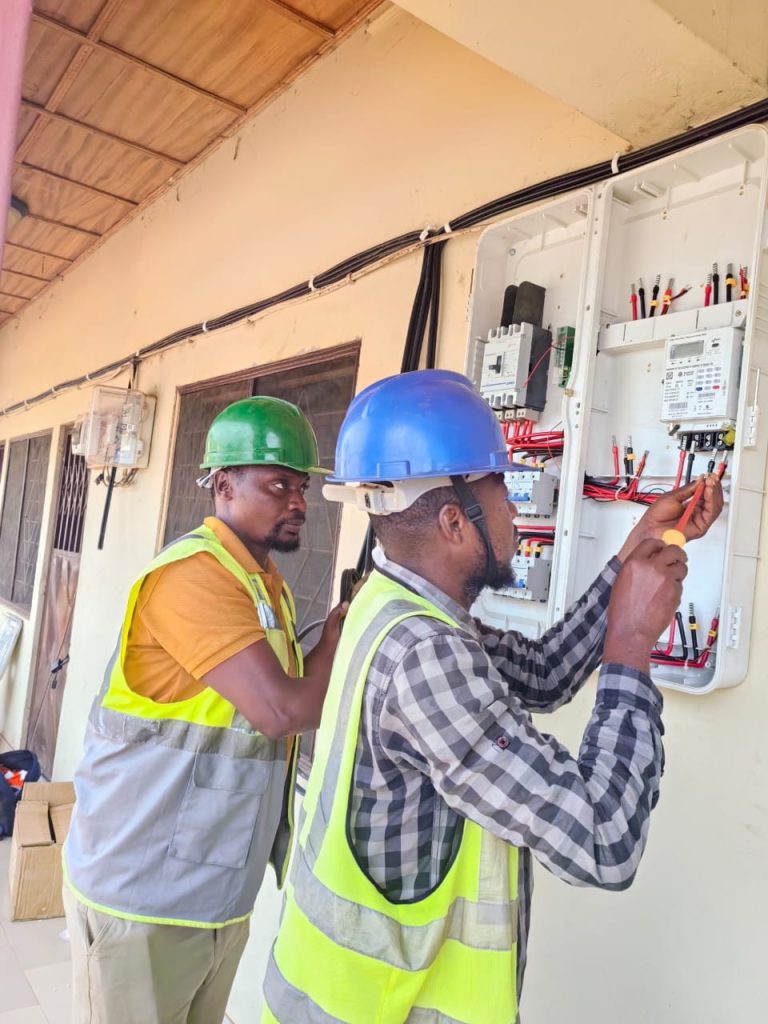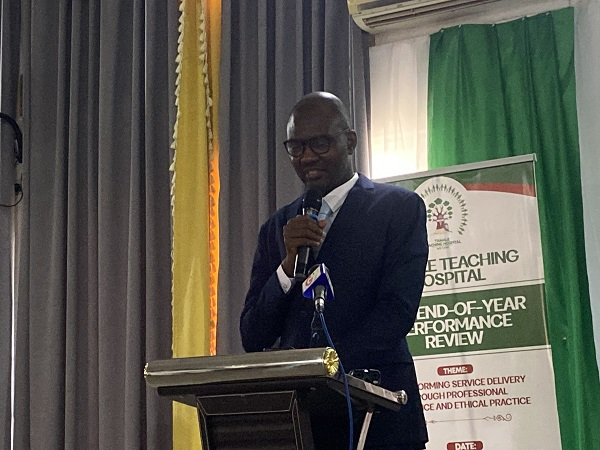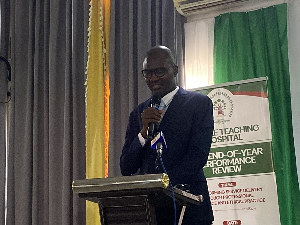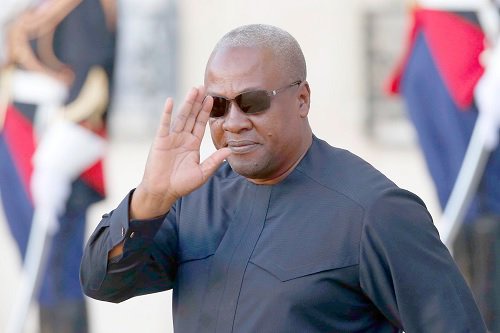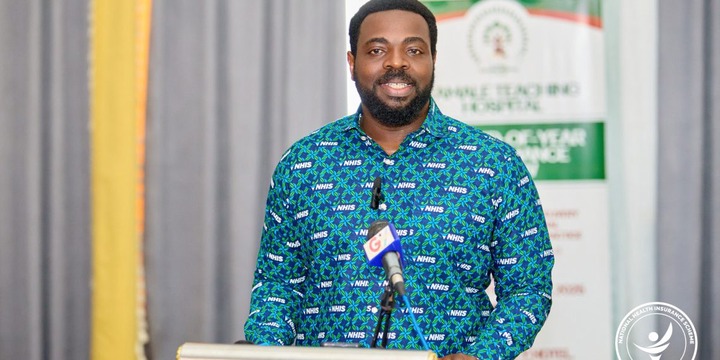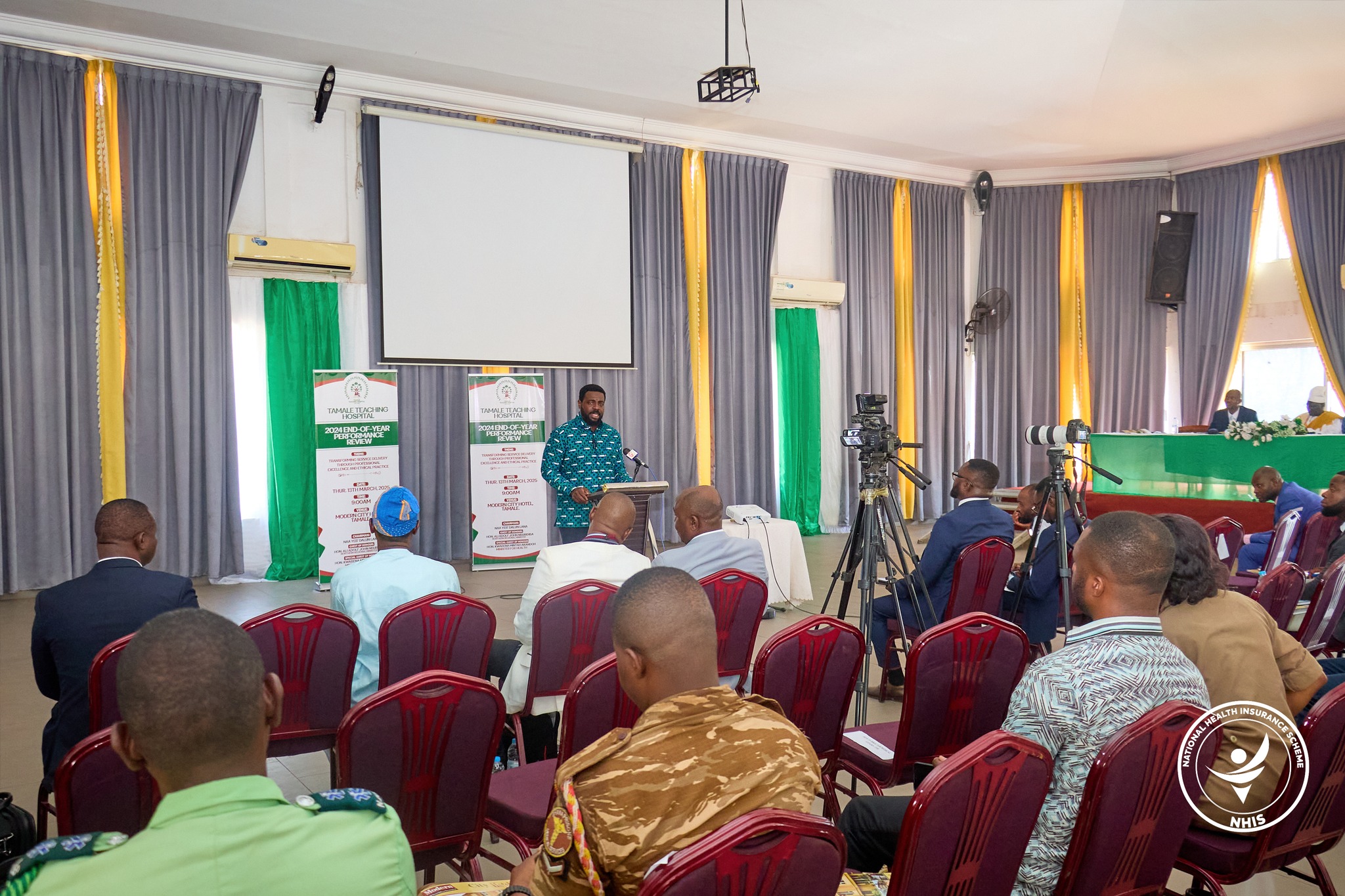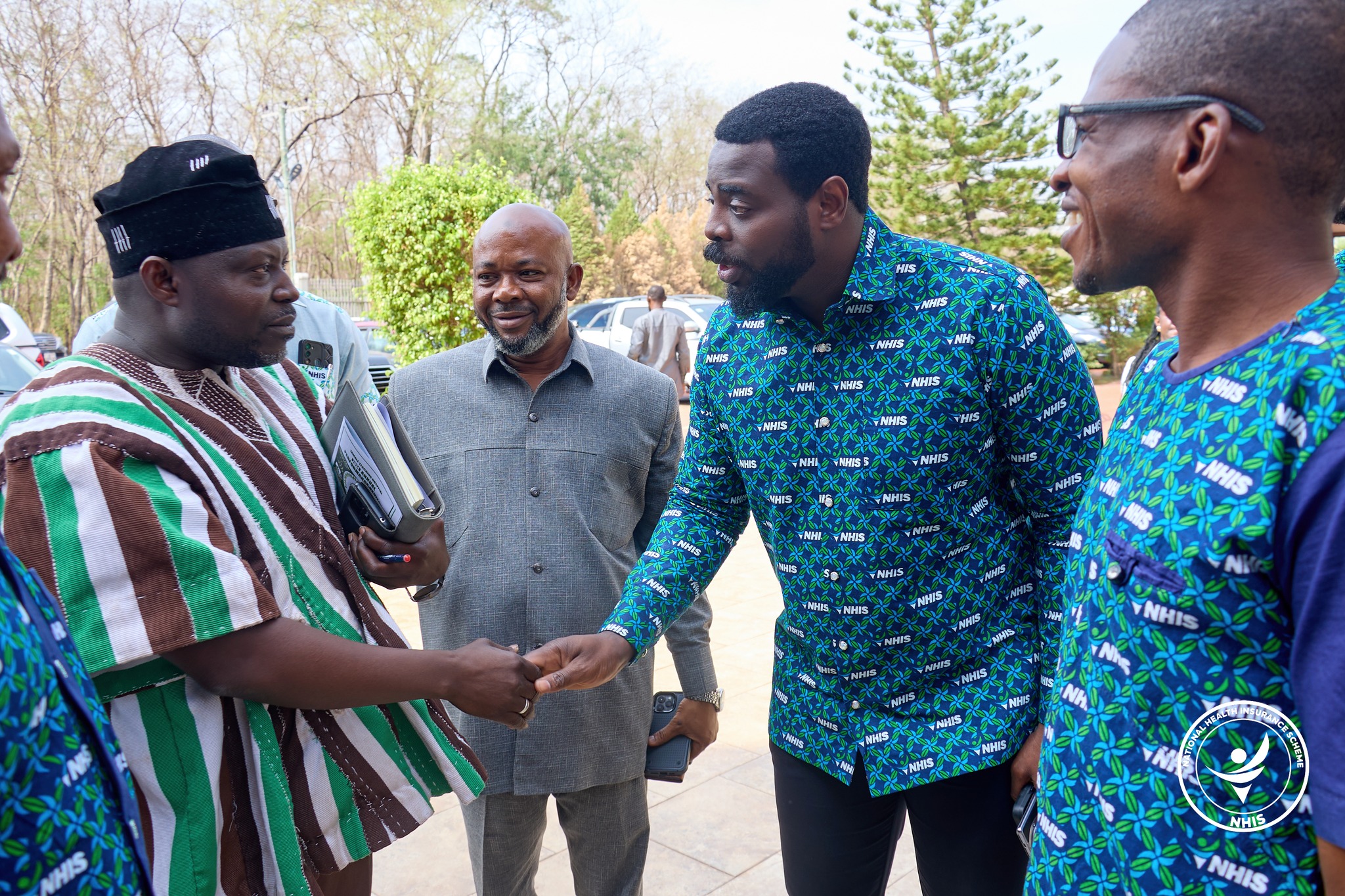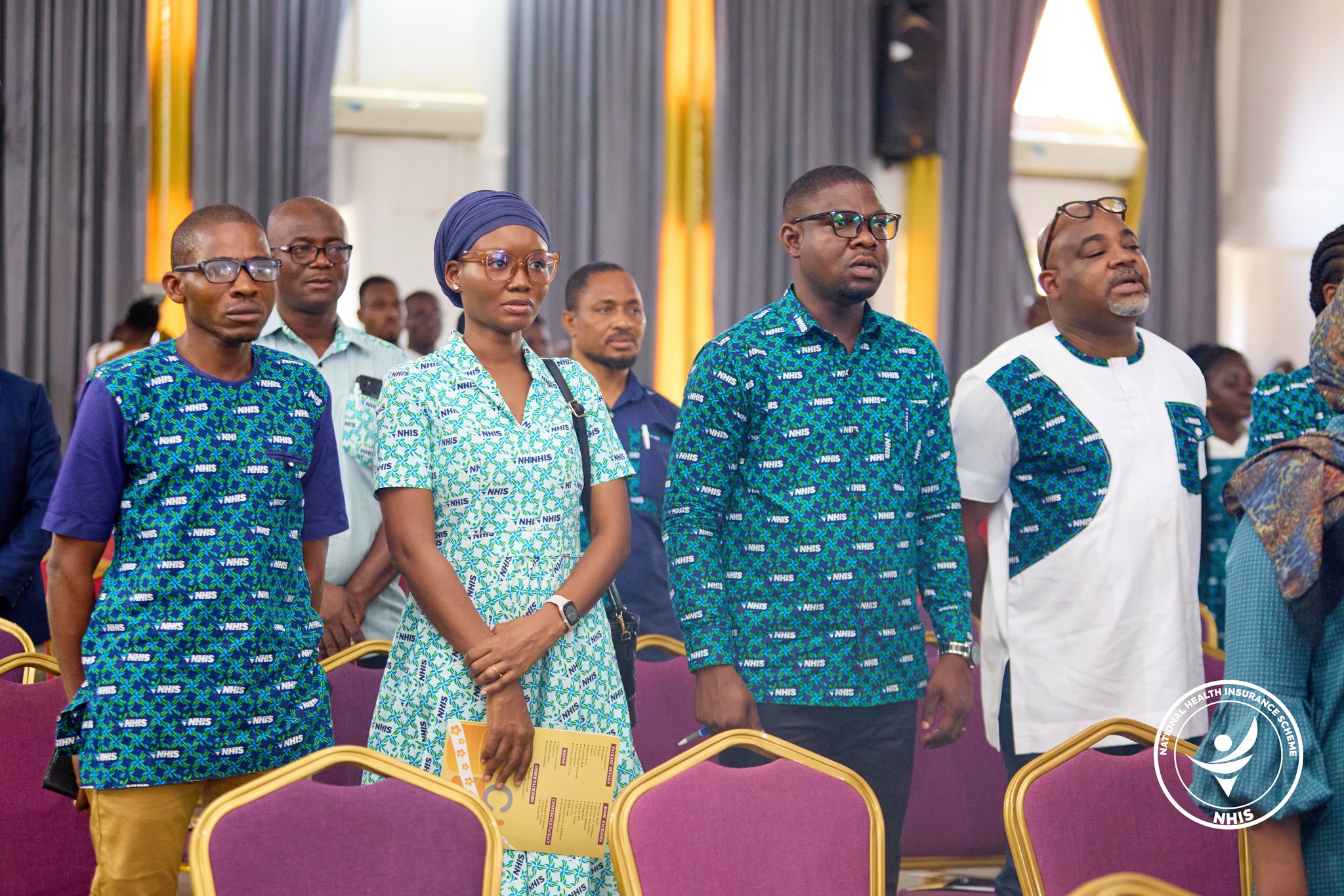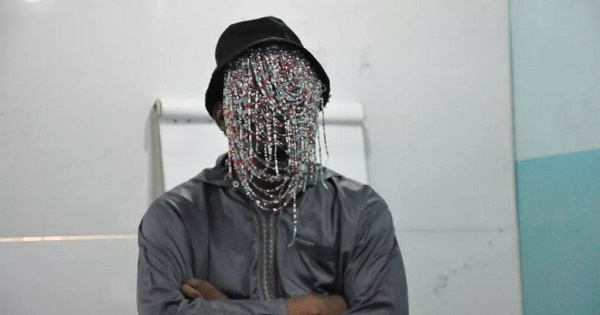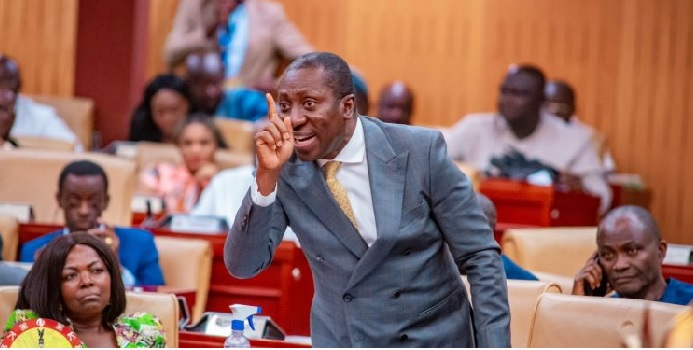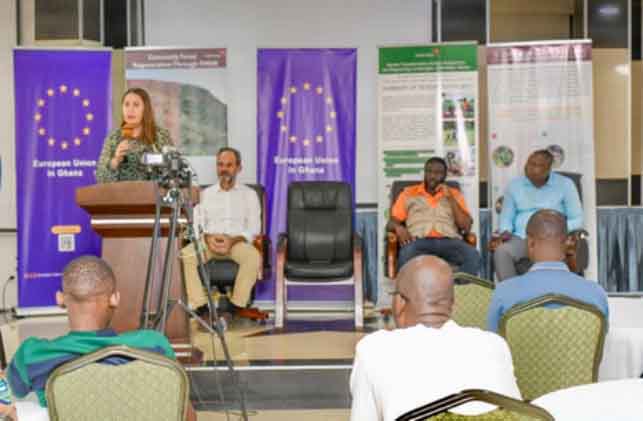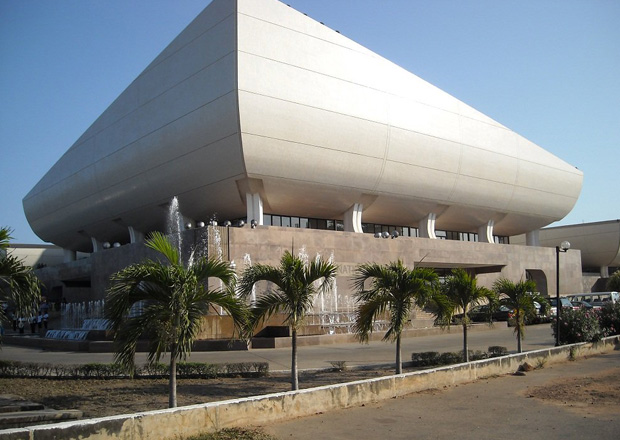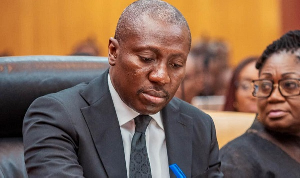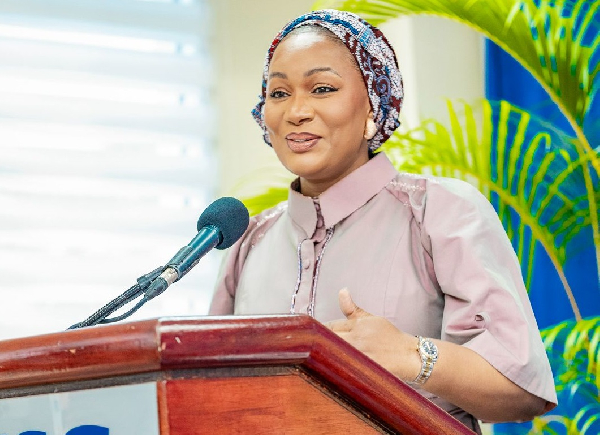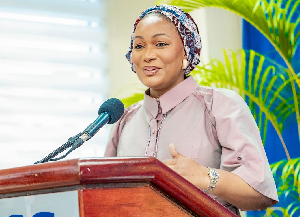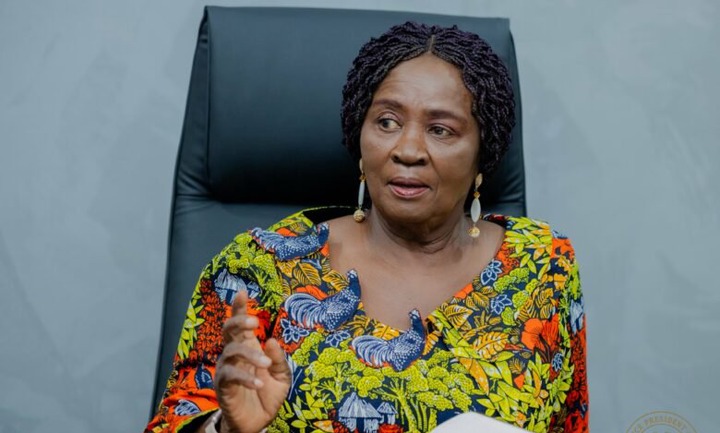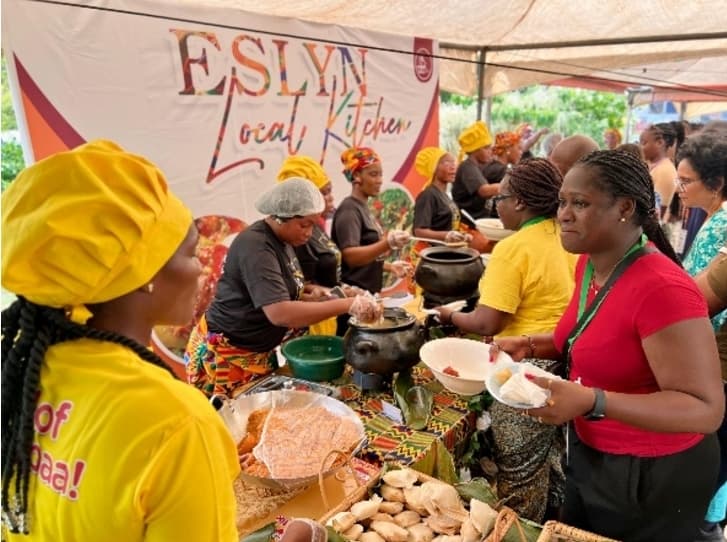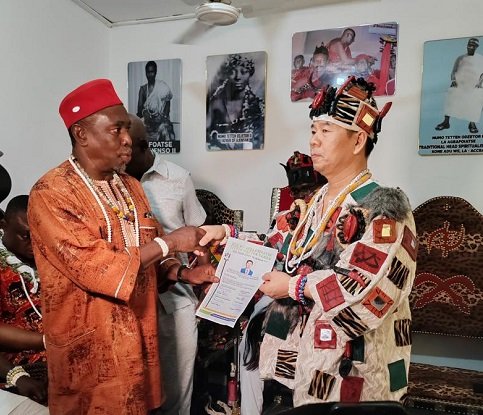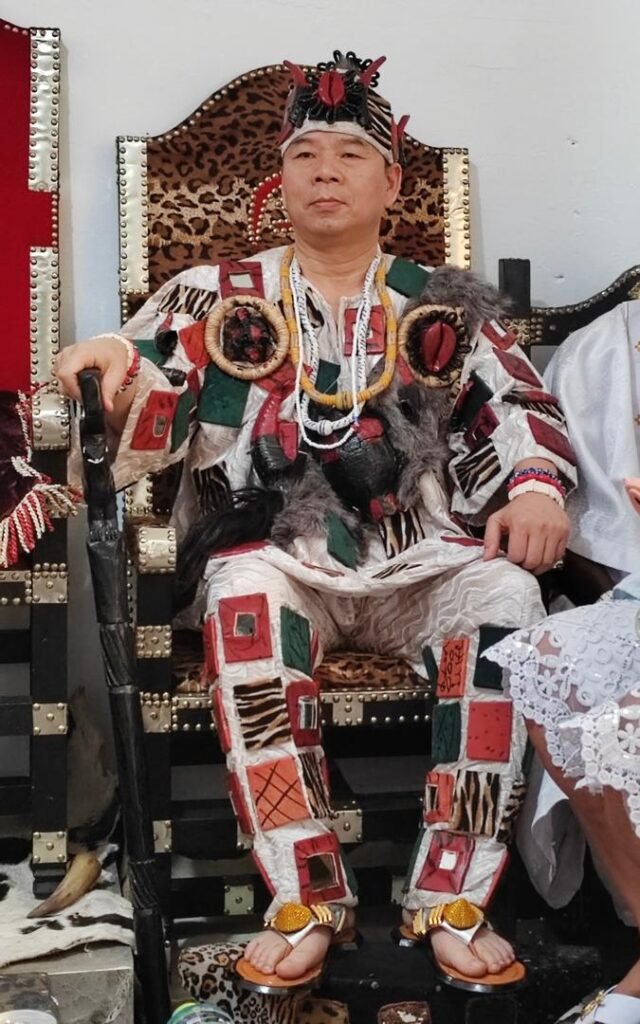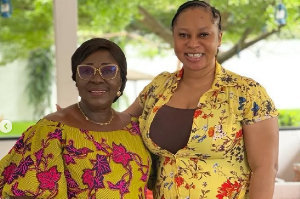On a humid March afternoon on the outskirts of Banjul, a woman known only as Saf* carries a basket of plants from her garden. Moving with urgency to avoid prying eyes, she makes her way to a hidden location, where the air is thick with the earthy scent of raw, unprocessed tobacco leaves waiting to be turned into the popular drug taba.
Suddenly, her phone rings. A customer. She smiles knowingly. “She’s one of my favourites because she keeps coming back,” says Saf, whose name is a code word that means “sweet” in Wolof.
Secrecy is important, says the 68-year-old taba seller, who for decades has made and discretely sold the substance to women.
Taba, a local Mandinka word for powdered tobacco, has been consumed in The Gambia for generations, usually through smoking, snuffing and chewing. But in recent years, taba, modified by adding other substances to the tobacco powder, is being used for different purposes.
Sellers like Saf take regular taba and mix it with potent chemicals to enhance its intoxicating effect. Many women then use it intravaginally, believing it enhances sexual pleasure.
Meanwhile, others, including some traditional healers, insist its intravaginal use has medicinal properties – from helping treat genital infections and headaches to conditions like epilepsy, hypertension and infertility – though these remain medically unproven.
Though taba is not illegal, health authorities, doctors and activists in The Gambia warn of its dangers and caution against its use. But many women continue to seek it out.
For Fatmata*, 36, “taba works wonders.”
Married for a decade, Fatmata’s husband left for Europe just three years into their marriage. Struggling with his absence, a close friend introduced her to taba.
“I don’t want to have extra-marital affairs for religious reasons, so I resort to taba,” she says, shyly.
The first time Rose*, 28, used taba after a friend suggested she try it, she felt an overwhelming sense of dizziness and nausea before violently vomiting. She continued trying, but the third time she used it, she says she nearly lost her life.
“I remember the burning sensation, the excruciating pain, and how my body reacted as if my insides were on fire,” she says. “I could barely breathe and thought I was going to die.”
The pain was intense but brief, she says. Afterwards, she fell asleep, and when she woke up, there was an uncomfortable ache between her legs. But she did not seek medical help, fearing it would expose her as a taba user at a time was the government was warning against it.
After her ordeal, she pledged never to touch taba again.
“It is dangerous, and women need to stop inserting it into their genitals before it’s too late,” she warns.
Taraba*, 28, and Isatu*, 42, began using taba to address health concerns.
“Taba damaged my system,” says Taraba, who initially took it in an attempt to cure gonorrhoea.
“At first, I only used it for that purpose. But a month later, I began inserting it into my vagina for pleasure. That was the worst mistake of my life.”
What followed was excruciating. “It felt like fire burning inside me, and my whole body became [temporarily] paralysed.” Unlike Rose, whose pain was brief, hers lasted for an entire week.
Isatu also first used it as a supposed remedy for gonorrhoea. “I first heard about this powder three years ago from a colleague. She told me she had used it in her vagina to relieve a bad headache, and it worked.”
But when Isatu tried it, “I was bleeding profusely; I nearly died.”
Neither Taraba nor Isatu sought medical help, choosing instead to endure their pain in silence. Isatu says she remains traumatised from the experience.
Regular user Fatmata, however, insists that taba has no harmful effects on her health and claims most women use it with no complaints.
Taba seller Saf agrees, saying most of her customers have been buying from her for years. “If it was harmful, they wouldn’t keep coming back.”
Little is known about the health consequences of intravaginal taba, according to the peer-reviewed journal, Tobacco Control. But it is “likely to have negative health effects” based on what is known about the use of other smokeless tobacco, said the authors of a 2023 paper on taba.
“Intravaginal taba is harmful,” insists Dr Karamo Suwareh, a gynaecologist at Kanifing General Hospital, the second largest public hospital in the country.
“It causes irritation, infections, burning sensations, itching, foul-smelling discharge, and bleeding during intercourse,” he tells Al Jazeera.
Dr Suwareh warns that taba contains carcinogens, and says research is needed to see whether it could lead to cervical and vaginal cancers. During pregnancy, the nicotine and other unknown substances may increase the risks of preterm labour, foetal growth restriction, and stillbirth.
“Taba disrupts vaginal pH, making women more vulnerable to STIs like gonorrhoea, syphilis, and HIV. It damages tissue instead of healing it.”
Gambia’s Ministry of Health has been vocal about the potential health risks of using taba intravaginally, cautioning that it could pose an increased risk of cancer or life-threatening complications during childbirth. Some women use it in an attempt to ease labour pains, but medical experts warn that it can cause severe harm instead.
The ministry has used social media to educate the public on the risks, and in a video that went viral, Minister of Health Lamin Samateh was seen addressing a gathering in a local language to warn about its harmful effects.
“Taba is dangerous, and women should reject it,” said Minister Samateh in the video that first emerged online in 2022.
Women’s rights organisations have also been raising awareness about the harmful effects of taba.
“No woman should feel pressured into harmful practices like taba,” says Sariba Badjie, a programme officer at NGO The Girls’ Agenda. “Our goal is to provide women with the knowledge and support they need to make decisions about their health without fear or stigma.”
Mbassey Manneh, a human rights activist, has also been outspoken about its use. But she notes how rooted the use of taba is among communities of the Gambian women.
“If you go to naming ceremonies and social events, you will find women selling taba among themselves,” she tells Al Jazeera. “Many of these women are not sexually satisfied by their husbands, so they turn to taba as an alternative.”
Some women even speak in code when referring to taba. “They call it ‘simang kolla’ a-Mandinka for ‘after dinner’,” Manneh says.
Though no law currently bans intravaginal taba, its taboo nature prompts the secrecy surrounding it – and both sellers and buyers operate in the shadows. Taba is commonly sold secretly in markets and within circles of older women, but it is not available in shops.
For Saf, who runs a makeshift business on the outskirts of Banjul near patches of farmland and grazing cattle, discretion is key.
“I sell taba for a living – it makes me happy when people come to me because of a simple recommendation,” she says with a broad smile, taking pride in the fact that word of mouth brings her new customers.
Saf’s location is known only to trusted customers, and in the community where she lives and works, she is known as a gardener who sells regular plants in the marketplace.
“My family isn’t entirely against me selling it [taba], but they don’t want me to do it publicly, for fear of being arrested or exposed,” she reveals.
At her shop, the taba is typically wrapped in paper or plastic. For 5 dalasi (7 cents), her customers get a small pinch – just enough for a single use. The 15-dalasi (21-cent) portion is slightly larger but still modest. Heavy users or those buying in bulk may spend up to 500 dalasi ($7) at once. A larger quantity, such as what bulk buyers get, can fill a tea mug.
Saf says she sources her raw tobacco leaves from a supplier in Guinea-Bissau and processes them herself, mixing them with other substances to make them “more powerful”. Some claim intoxicants such as heroin are added.
“It’s a secret recipe,” she tells Al Jazeera when asked what’s in her mix. “I never share it with anyone.”
The taba supply chain extends beyond The Gambia. Tobacco traders like Saikou Camara, who sources his stock from Guinea-Bissau and Casamance, both to the south of the country, insists that taba products should not be used in the wrong way.
“I’ve heard that women are using it for other reasons, but that’s not what it’s meant for,” he says. “I don’t believe it cures back pain or enhances sexual pleasure. Taba is meant for inhaling, nothing else.”
The sellers, though, believe in the unproven health benefits of their product.
At one of the busiest markets in Banjul, a 75-year-old seller insists on taba’s medicinal properties, claiming it heals wounds, relieves back pain and cures headaches.
At her makeshift stall, the woman who has been in the trade for decades works openly but also in secret.
To the unsuspecting eye, she is just another vendor selling cooking ingredients. But tucked away in a clay jar – one that looks abandoned at first glance – is the taba. Each transaction is swift and calculated; she scans the surroundings before carefully opening the jar, retrieving the product, and slipping it into the hands of a waiting customer.
When asked if she takes the jar home, she shook her head. “I leave the jar, but I go home with the taba.”
Women travel from across the country to buy taba from her, she says.
At her stall, a customer from a rural village buys taba worth 2,000 dalasi ($28). The woman, in her 50s or 60s, is a seller too – she purchases it in bulk, repackages it, and resells it in her village at a higher price.
“She’ll be back next month for more,” the older seller says.
According to a 2023 study published in the Tropical Journal of Obstetrics and Gynaecology, 63.2 percent of the Gambian women sampled were current users of intravaginal tobacco powder.
The study revealed that women over 40 were 3.2 times more likely to use taba than younger women, while women in rural areas were 2.2 times more likely to use it compared with urban dwellers.
Despite some research into taba use, Dr Mustapha Bittaye, the chief medical director of Gambia’s only teaching hospital, says data on the health effects remains limited.
“We lack sufficient evidence to draw a definitive conclusion,” he tells Al Jazeera. “As a ministry [of health], we will conduct a more thorough and objective study to properly assess the scale of the issue.”
While general tobacco use is regulated in the country – smoking, for example, is prohibited indoors and in public places – the use of tobacco powder including taba remains unregulated.
Dr Bittaye suggests that a starting point in addressing the taba issue may be the Tobacco Control Act, which legislates how the substance is used and sold, while the Ministry of Health works with NGOs to educate the Gambian women about the dangers of taba.
But while the authorities deliberate, women continue to demand it and sellers are happy to supply.
“I make a lot of money from selling taba,” Saf says. “The government and other people saying it’s harmful won’t give me what I earn from this business.”
And what if the government does clamp down?
“We will just find new ways to keep our trade alive,” the seller says.
“Women need it. They’ll always find a way to come to us, and we’ll always find a way to help them.”
 L-R: Gifty Oware-Mensah, Dr. Randy Abbey and Asamoah Gyan
L-R: Gifty Oware-Mensah, Dr. Randy Abbey and Asamoah Gyan


